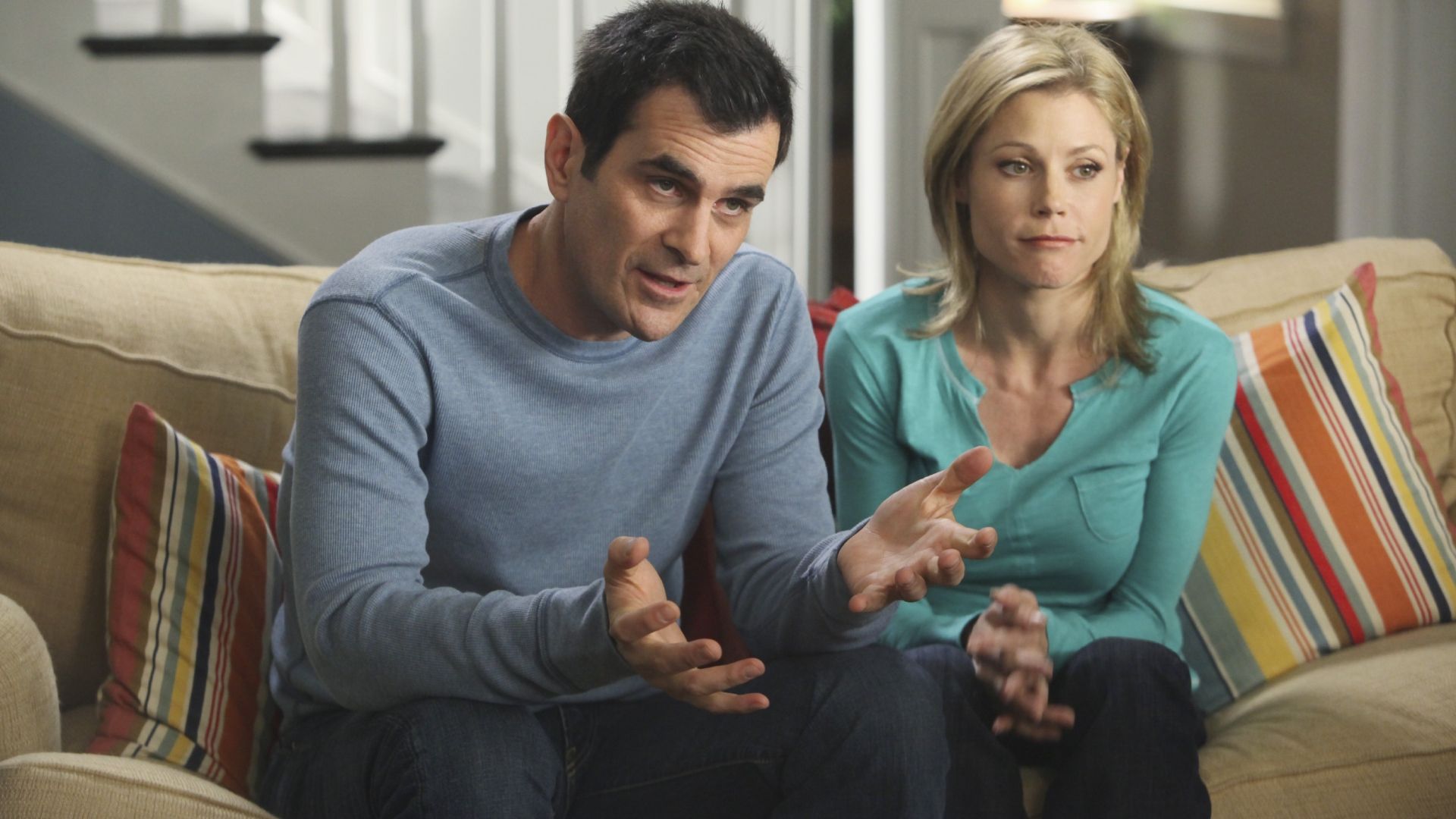Why Modern Family Remains a Binge-Worthy Classic Years Later

Premiering in 2009, Modern Family ran for eleven seasons and concluded in 2020. The show and its actors received many awards for its consistently high quality. Beyond its success on ABC, it’s remarkable how consistently the show remains popular and relevant.





